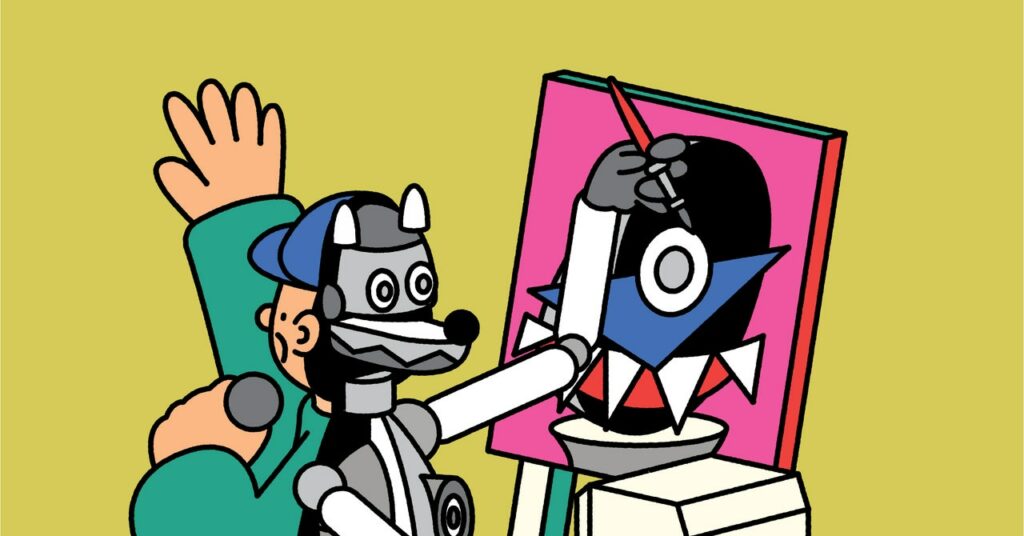
Music Can Thrive in the AI Era
As the stormy waters of 2024 begin to churn, it’s easy to get swept away by the uncertainty and chaos they bring. But amidst the turbulence lies a glimmer of hope – an inflection point where music can not only survive but thrive in the era of artificial intelligence.
Hip-hop, an art form born out of the analog era, has consistently found ways to adapt and evolve alongside technology’s rapid advancements. AI-driven tools may have already started changing the game, but that doesn’t mean we’re doomed to a dystopian future where music is reduced to soulless algorithms. On the contrary, I firmly believe that AI can be harnessed to empower creative innovation.
In the near term, it’s natural to worry about the impact of large language models on the artistry of human expression. Will AI-generated beats and lyrics supplant the work of artists? Can humans truly compete with the computational power and precision of machines?
However, as we head towards 2025, I believe music will find new ways to coexist and even benefit from these advancements. AI can augment our creative abilities, amplify our voices, and create new pathways for collaboration and collaboration. Just imagine AI-assisted beat-making tools that allow producers to focus on the nuances of rhythm and melody rather than tedious drumming or sample selection.
Imagine a future where AI-generated lyrics offer inspiration, but not replacement, for human songwriting. Where artists are free to explore themes and ideas without being bound by the constraints of genre or commercial expectations.
This inflection point can also bring about new opportunities for creators to leverage their unique talents and perspectives while leveraging AI’s computational power. For instance, AI-driven music production software can empower producers from underrepresented communities to create music that resonates with a broader audience without sacrificing authenticity.
Of course, there are valid concerns about the role of AI in shaping cultural narratives and perpetuating existing biases. It’s crucial for us to prioritize fairness, transparency, and accountability when developing these technologies.
As we navigate this uncharted territory, it’s essential to remember that art has always been a reflection of the world around us – with its strengths, weaknesses, and contradictions. Music can continue to thrive because it will always be about human experience, vulnerability, and connection.
Ultimately, I’m optimistic that 2025 will mark the beginning of an era where music can not only coexist with AI but also find new ways to elevate our emotional resonance as a society.
Source: www.wired.com


